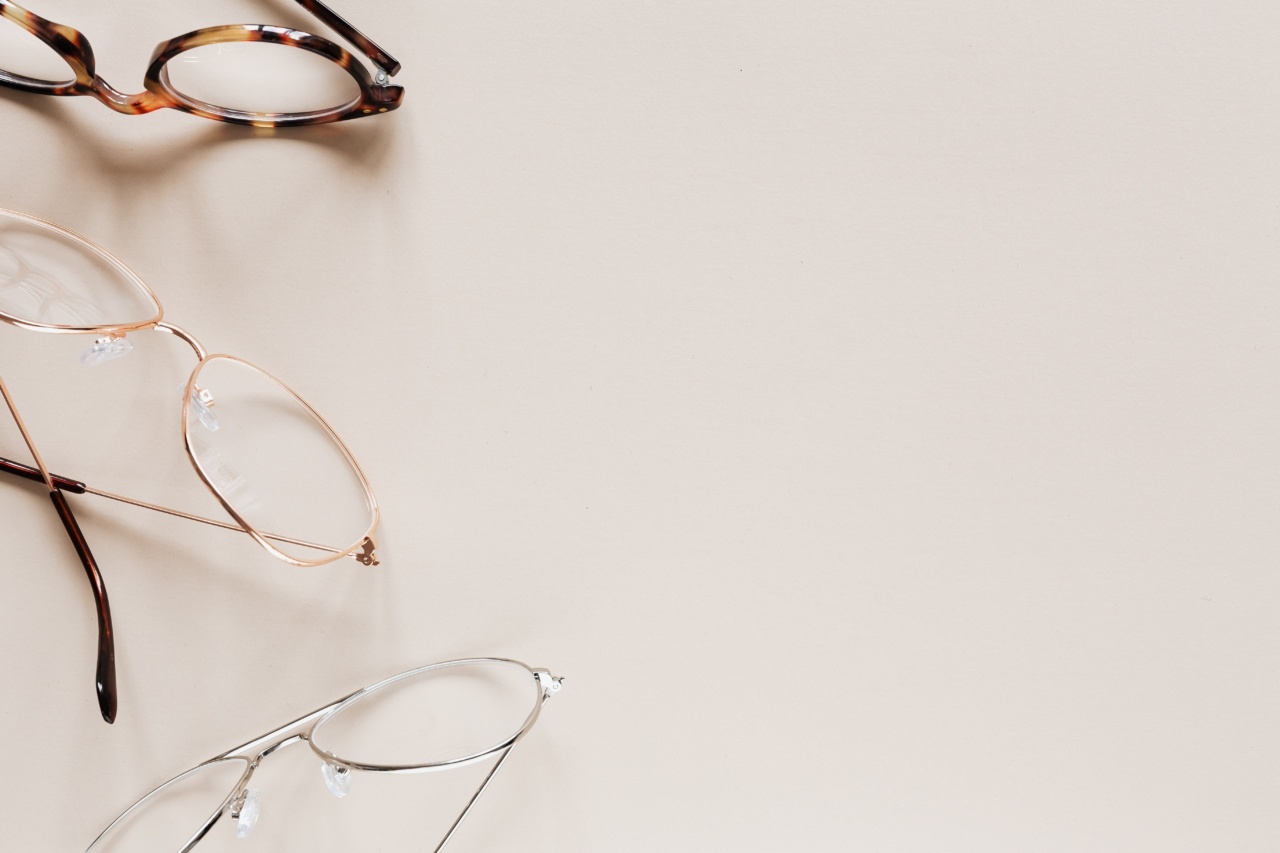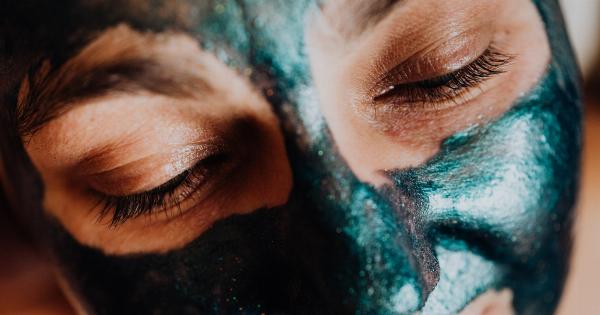Our eyes are one of the most important parts of our body. Without our eyes, we cannot see the world around us and enjoy the beauty of life.
As we age, our eyesight may start to decline, making it harder to do everyday tasks and affecting our quality of life. However, there are ways to protect our vision for a lifetime. Here are some tips to help you maintain healthy eyesight:.
Eat a Healthy Diet
What you eat can affect how well your eyes function. A balanced diet that includes plenty of fruits and vegetables can help prevent eye diseases such as macular degeneration and cataracts.
Foods rich in omega-3 fatty acids, such as fish and nuts, can also promote eye health.
Protect Your Eyes from the Sun
The sun’s harmful ultraviolet (UV) rays can damage your eyes and increase your risk of developing cataracts and other eye diseases.
To protect your eyes, wear sunglasses with UV protection whenever you are outdoors on a sunny day, especially during peak sunlight hours.
Take Frequent Breaks
Staring at a computer screen or other digital device for long periods of time can cause eye strain and dryness. To prevent eye strain, take frequent breaks and look away from your screen every 20 minutes.
Blink often and try to avoid working in a dimly lit room.
Quit Smoking
Smoking is not only harmful to your lungs, but it can also damage your eyesight. Smoking increases your risk of developing cataracts, macular degeneration, and other eye diseases.
Quitting smoking can help improve your eye health and reduce your risk of developing these conditions.
Get Regular Eye Exams
Regular eye exams are essential for maintaining healthy eyesight. Even if you do not wear glasses or contact lenses, it is still important to have your eyes checked by an eye doctor every two years.
Eye exams can detect early signs of eye diseases and other health problems that may affect your eyesight.
Use Proper Eyewear
If you require eyeglasses or contact lenses, make sure to wear them as prescribed by your eye doctor. Using the wrong prescription or not wearing your eyewear can cause eye strain and headaches.
If you play sports or work in a hazardous environment, wear protective eyewear to prevent eye injury.
Avoid Rubbing Your Eyes
Rubbing your eyes can cause damage to the delicate tissues and increase the risk of infection. If you have an itchy or irritated eye, use eye drops or a cool compress to relieve the discomfort. If your symptoms persist, consult an eye doctor.
Stay Hydrated
Dehydration can cause dry eyes and other eye problems. Make sure to drink plenty of water throughout the day to keep your body and eyes hydrated. If you spend a lot of time in a dry environment, use a humidifier to add moisture to the air.
Avoid Eye Strain at Night
Reading or watching television in a dark room can cause eye strain and fatigue. Make sure to have proper lighting in your room when reading or using electronic devices. Adjust the brightness and contrast settings on your screen to reduce eye strain.
Manage Chronic Health Conditions
Chronic health conditions such as diabetes and high blood pressure can affect your eyesight and increase your risk of developing eye diseases.
If you have a chronic health condition, make sure to manage it properly and follow your doctor’s recommendations to help protect your eyesight.




























